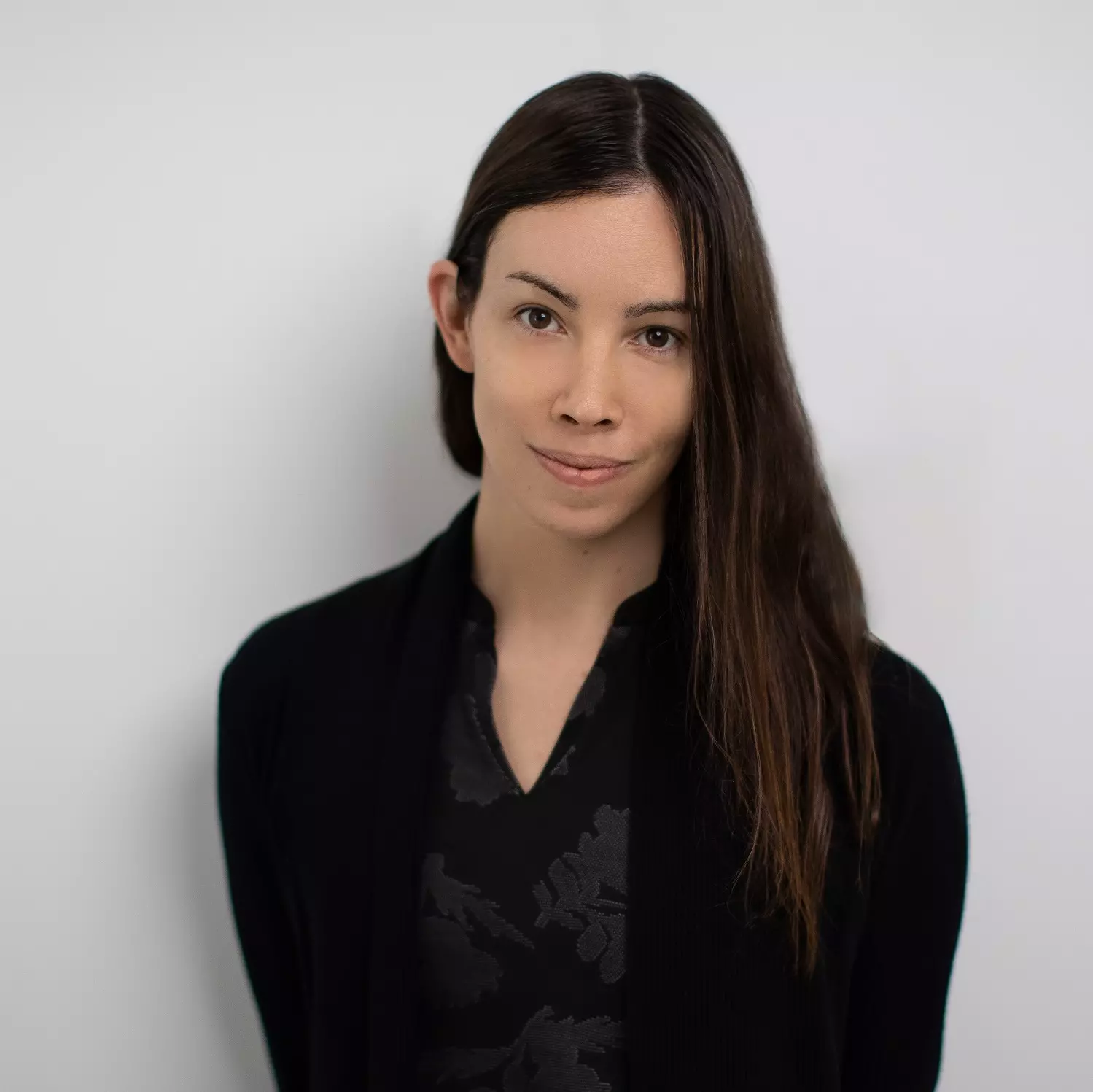LynAlden on Nostr: gm In fiction, the point of view from how we see the story can often color how we ...
gm
In fiction, the point of view from how we see the story can often color how we perceive the ethics of characters. And of course, that lesson can apply in real life as well.
If you ask most people if Neo and Trinity in the Matrix are heroes or anti-heroes, for example, they’ll probably say heroes. There is nothing particularly dark or edgy about them other than kind of a general “cool” factor. They’re pretty chill and well-meaning people in their downtime, we care about their relationship, they help their friends, they have rather pure motivations, etc.
But in the Matrix, agents can teleport themselves into any unplugged person. Which means that when Neo or Trinity attack a place, they pretty much have to slaughter everyone. Leaving survivors means that agents can teleport in. Innocent guards and stuff just get wiped out by the dozens. The stakes of humanity being enslaved by the machines are so high, that the characters don’t even really debate the ethics of this; they just accept it.
Like literally the opening scene is Trinity killing police, and the audience is like “wow cool” instead of “so, is that the antagonist?” The famous lobby scene consists of Neo and Trinity wiping out tons of guards that are just doing their job of guarding a skyscraper. In the sequel, Trinity sends a motorcycle bomb into a power station, and then murders the remaining guards as they attack her. We all basically like Trinity, and yet there are platoons of widows and orphans out there from all the guards she killed. There aren’t really even any scenes of her reflecting on that, like finding it emotionally difficult in any way to do those things or feeling in any way haunted by it.
If the Matrix story was shown from like, a detective’s point of view, these characters are terrorists and would either seem like outright villains (if you don’t know their motivation) or anti-heroes if you do (ends justify the means; mass-murder is okay and not even worth feeling bad about if it saves billions).
So, how the movie *frames* things for us makes a big difference. We closely follow Neo and Trinity so much that we’re like, “of course they’re the heroes”. The same thing happens in real life with political commentators and things like that; a cultural narrative can frame something as wholly good or wholly bad when often it’s actually kind of complex.
Therefore, it’s a useful practice whether in analyzing fiction or real life, to always ask how you could invert the framing for something.
In fiction, the point of view from how we see the story can often color how we perceive the ethics of characters. And of course, that lesson can apply in real life as well.
If you ask most people if Neo and Trinity in the Matrix are heroes or anti-heroes, for example, they’ll probably say heroes. There is nothing particularly dark or edgy about them other than kind of a general “cool” factor. They’re pretty chill and well-meaning people in their downtime, we care about their relationship, they help their friends, they have rather pure motivations, etc.
But in the Matrix, agents can teleport themselves into any unplugged person. Which means that when Neo or Trinity attack a place, they pretty much have to slaughter everyone. Leaving survivors means that agents can teleport in. Innocent guards and stuff just get wiped out by the dozens. The stakes of humanity being enslaved by the machines are so high, that the characters don’t even really debate the ethics of this; they just accept it.
Like literally the opening scene is Trinity killing police, and the audience is like “wow cool” instead of “so, is that the antagonist?” The famous lobby scene consists of Neo and Trinity wiping out tons of guards that are just doing their job of guarding a skyscraper. In the sequel, Trinity sends a motorcycle bomb into a power station, and then murders the remaining guards as they attack her. We all basically like Trinity, and yet there are platoons of widows and orphans out there from all the guards she killed. There aren’t really even any scenes of her reflecting on that, like finding it emotionally difficult in any way to do those things or feeling in any way haunted by it.
If the Matrix story was shown from like, a detective’s point of view, these characters are terrorists and would either seem like outright villains (if you don’t know their motivation) or anti-heroes if you do (ends justify the means; mass-murder is okay and not even worth feeling bad about if it saves billions).
So, how the movie *frames* things for us makes a big difference. We closely follow Neo and Trinity so much that we’re like, “of course they’re the heroes”. The same thing happens in real life with political commentators and things like that; a cultural narrative can frame something as wholly good or wholly bad when often it’s actually kind of complex.
Therefore, it’s a useful practice whether in analyzing fiction or real life, to always ask how you could invert the framing for something.
